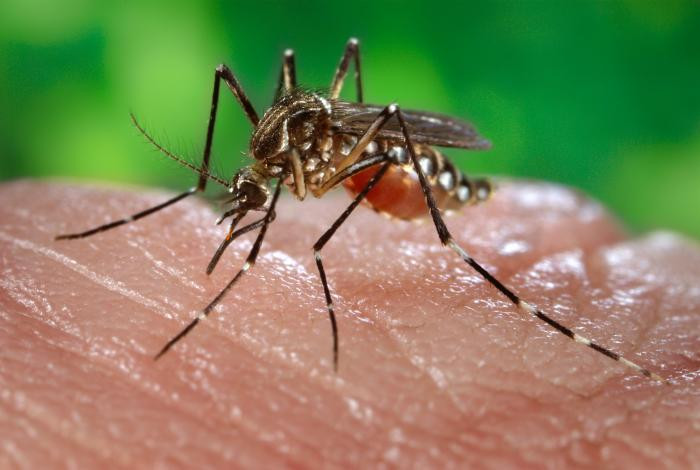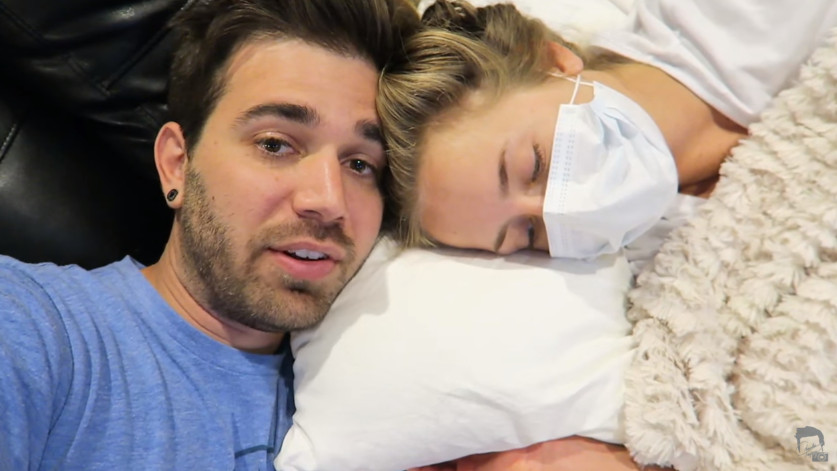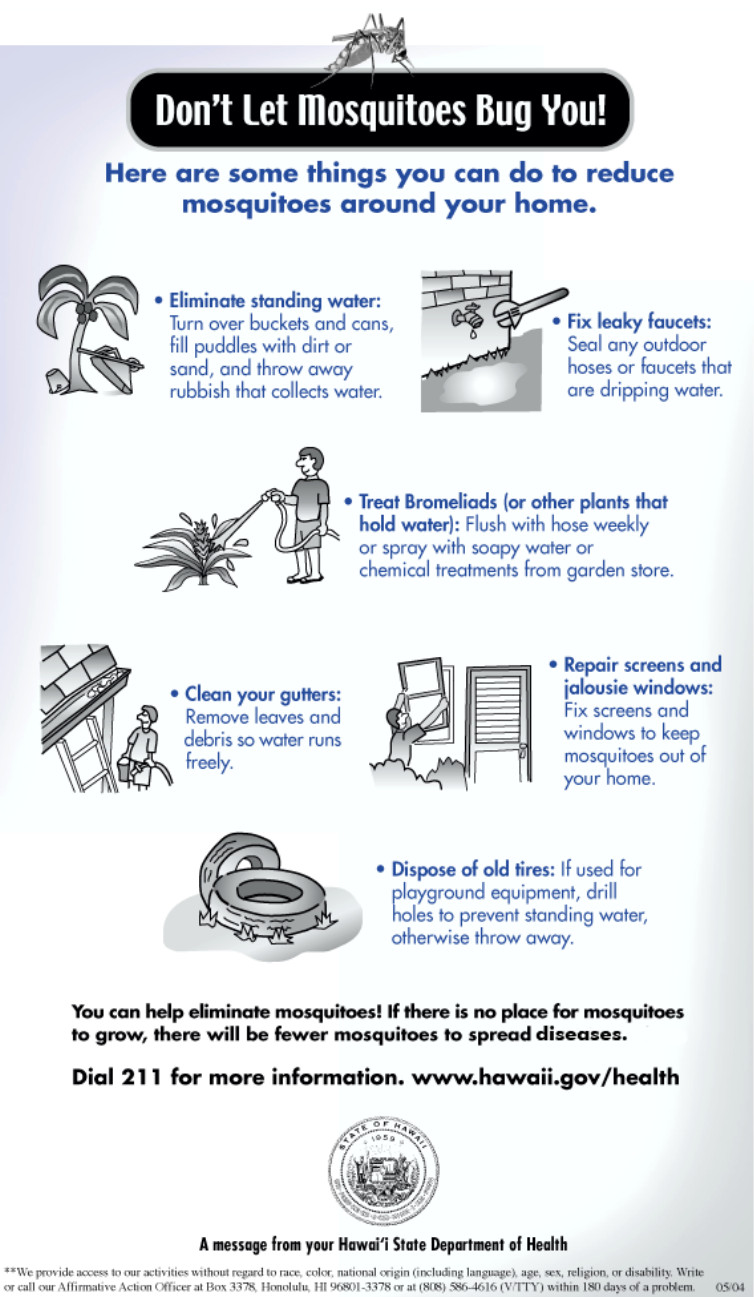
image of Aedes aegypti mosquito courtesy the Center for Disease Control and Prevention.
HAWAII ISLAND – The Hawaii Department of Health has confirmed 10 cases of “locally-acquired” dengue fever on Hawaii Island, and now says that one of the vector hotspots for infected mosquitoes is in South Kona, in the Ho’okena / Honaunau area. Health officials caution there are potentially more hotspots – and cases of infection – yet to be identified.
On October 29, Hawaii health officials announced they were investigating two confirmed cases of “locally-acquired” dengue fever on Hawaii Island, as well as four more probable cases. The Hawaii State Department of Health would not disclose any locations because of “concern for the privacy of the small number of individuals involved in the investigation.”
Today, State Epidemiologist Dr. Sarah Park told Big Island Video News that those previous four probable cases have been confirmed, bringing the total confirmed dengue fever cases to ten.
The state is still unable to officially connect the confirmed dengue case count to the viral videos produced by Charles Trippy and Allie Wesenberg, who published a day by day account of their visit to Hawaii Island, and Wesenberg’s subsequent illness, on their YouTube channel CTFxC. The channel has over 1.5 million subscribers. One of the areas that the couple visited was in South Kona.

Charles Trippy and Allie Wesenberg star in the daily video blogs of the Internet Killed Television web series. Wesenberg fell ill after a visit to Hawaii Island. They say the illness was diagnosed as a likely case of dengue fever.
Dr. Park stressed that residents should not focus too much on South Kona as a problem area, because they are dealing with a possible cross-island situation. Additional hotspots may be identified.
Dr. Park says the health department plans to create a specific page on the DOH website to serve as a repository for the latest information, including updated numbers of confirmed cases. Park says they do not expect to maintain a “probable case” count from this point forward, because diagnoses and conformation should be faster now that the island is on the look-out for dengue fever.
The health department shared this info recently:
DENGUE FEVER
courtesy health.hawaii.govWhat is dengue fever?
Dengue fever is a viral illness spread by mosquitoes. The disease occurs mainly in tropical Asia, Africa, the Caribbean and the South Pacific. It is most common during the rainy season in areas infested with infected mosquitoes. Sometimes, persons arriving from other countries may enter the United States with dengue fever and infect local mosquitoes, as happened in Hawaii in 2001.
How do you get it?
The dengue virus is spread through the bite of infected Aedes mosquitoes. Dengue is not spread directly from one person to another.
What are the symptoms of dengue fever?
The symptoms of dengue fever include sudden onset of fever, severe headaches, eye, joint, and muscle pain, and rash. The rash typically appears on the hands, arms, legs and feet 3 to 4 days after the fever begins. Minor bleeding problems can also occur. The symptoms usually go away completely within 1 to 2 weeks. Sometimes, people with dengue fever have blood clotting problems. When this happens, the illness is called dengue hemorrhagic fever. Dengue hemorrhagic fever is a very serious illness with abnormal bleeding and very low blood pressure (shock).
When do symptoms start?
The symptoms usually start 5 to 6 days after being bitten by infected mosquitoes, but the onset can range from 2 to 15 days.
What is the treatment for dengue fever?
There is no specific treatment for dengue fever. Bed rest and acetaminophen (Tylenol) to treat fever and pain are recommended. Aspirin and NSAIDS (ibuprofen, naproxen) are not recommended as they can make bleeding problems worse. There is currently no vaccine for dengue fever.
If you get dengue fever once, can you get it again?
Yes. There are four major types of dengue viruses. Having dengue fever with one type of dengue virus will not protect you from the other three types.
How can you keep from getting it?
When traveling to areas that have dengue fever, try to avoid exposure to mosquitoes. Aedes mosquitoes are usually most active in the early morning hours after daybreak, in the late afternoon before dark, and any time during the day when indoors or in shady areas.
Use mosquito netting over beds, and screens on windows and doorways.
Use mosquito repellents and wear appropriate clothing such as long-sleeved shirts and long pants that reduce exposure to mosquito bites.
Mosquitoes are drawn to dark colors; so if possible, wear white or light colored clothing when you are likely to be exposed to biting mosquitoes.


by Big Island Video News5:34 pm
on at
STORY SUMMARY
HAWAII ISLAND - The Hawaii Department of Health has confirmed 10 cases of “locally-acquired” dengue fever on Hawaii Island, and now says that one of the hotspots for infected mosquitoes is in South Kona